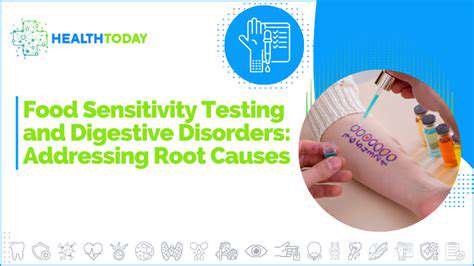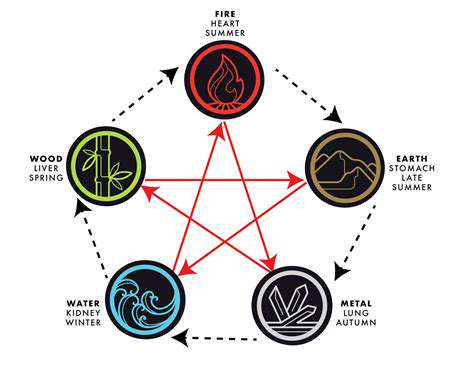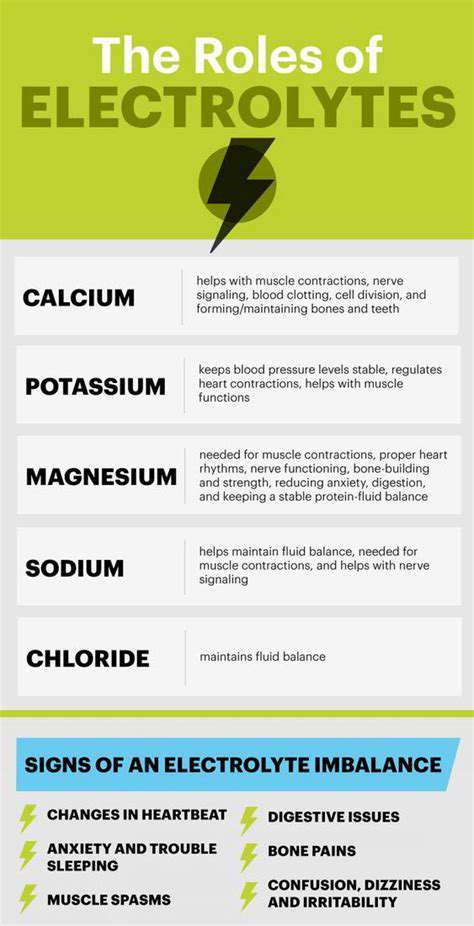Diet and Autoimmune Disease: A Proactive Approach
Addressing Potential Food Sensitivities

Understanding Food Sensitivities
Food sensitivities, often confused with allergies, encompass a range of adverse reactions to certain foods. These reactions can manifest in various ways, from digestive issues like bloating and gas to skin rashes and headaches. Identifying and managing food sensitivities is crucial for overall well-being, allowing individuals to tailor their diets to minimize symptoms and improve their quality of life. It's important to remember that these reactions can be complex and vary significantly from person to person.
Understanding the difference between food sensitivities and allergies is critical for proper diagnosis and management. While allergies involve an immediate and potentially life-threatening immune response, food sensitivities typically present with delayed symptoms and don't trigger the same immediate reaction. This distinction is essential for appropriate medical guidance and personalized dietary strategies.
Common Symptoms of Food Sensitivities
Recognizing the symptoms associated with food sensitivities is the first step towards effective management. Common symptoms include digestive issues like bloating, gas, and abdominal pain. Skin reactions such as rashes, hives, and eczema can also occur. Furthermore, headaches, fatigue, and even mood changes have been linked to certain food sensitivities. It's crucial to note that symptom presentation can vary significantly, making diagnosis challenging at times.
Headaches, fatigue, and mood changes can all be potential symptoms, but they are often overlooked or attributed to other factors. Keeping a detailed food diary can be instrumental in identifying patterns and potential triggers, helping individuals pinpoint specific foods that elicit these reactions.
Dietary Strategies for Managing Food Sensitivities
Adopting a suitable dietary strategy is a cornerstone of managing food sensitivities. This typically involves identifying and eliminating suspected trigger foods from the diet. Elimination diets, often guided by a healthcare professional, help pinpoint specific foods causing reactions. Once identified, these foods are meticulously excluded from the diet to minimize symptoms. Detailed tracking of meals and symptoms is essential for accurate identification and long-term management.
A balanced and nutritious diet remains paramount, even when specific foods are eliminated. Focusing on whole, unprocessed foods and ensuring adequate intake of essential nutrients is crucial for maintaining overall health. This often involves consulting a registered dietitian or nutritionist to develop a personalized and effective dietary plan.
Seeking Professional Guidance
Given the complexity of food sensitivities, seeking professional guidance is highly recommended. A healthcare professional can accurately assess symptoms, conduct necessary tests, and provide tailored advice. This may involve blood tests, elimination diets, or other diagnostic tools to determine the specific trigger foods. This specialized support ensures that individuals receive appropriate guidance and avoid potential complications from improper management.
A registered dietitian or nutritionist can play a vital role in developing a personalized dietary plan that addresses nutritional needs while minimizing sensitivities. This collaborative approach provides the most effective and safest path toward managing food sensitivities and improving overall health and well-being.











